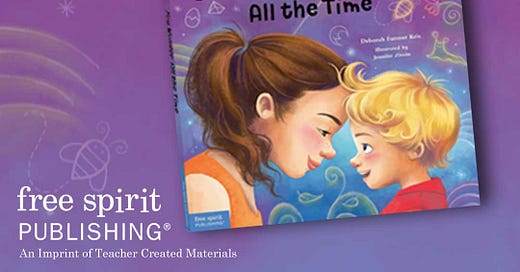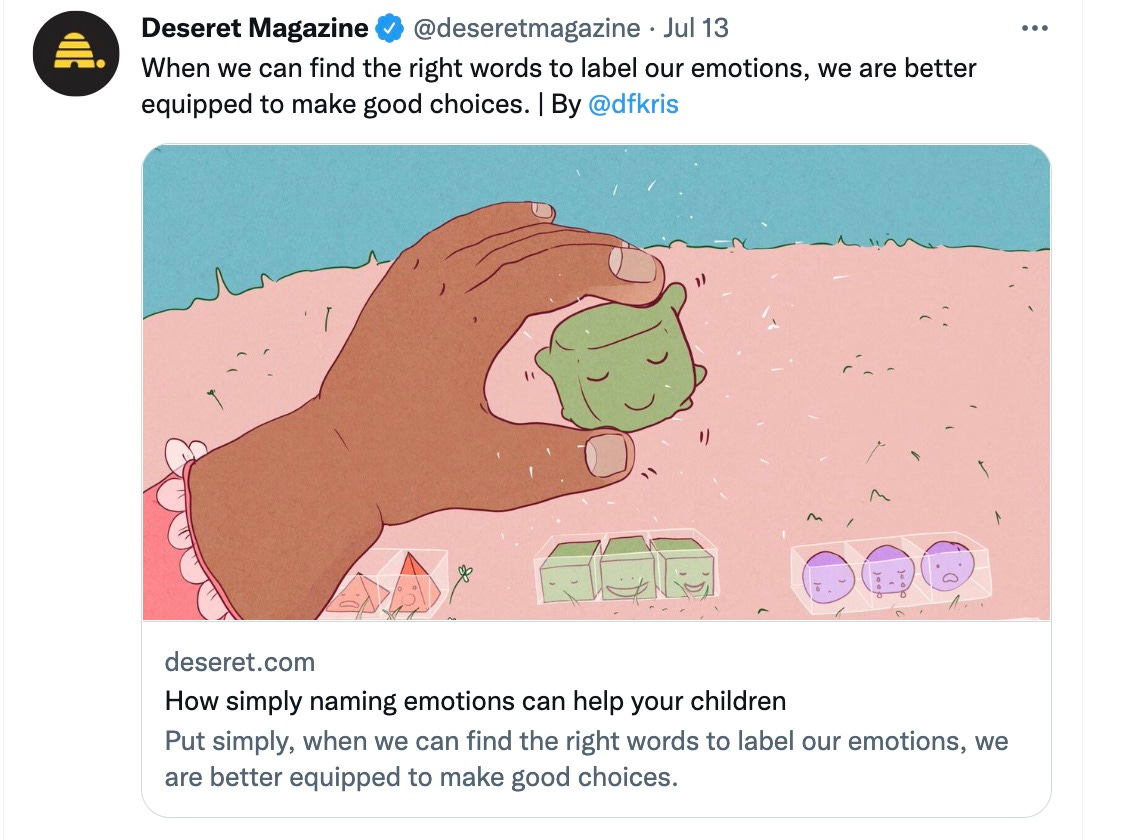Hey there!
(TLDR: I have a book coming out tomorrow!)
I love watching kids discover what delights them: what types of music, sports, activities, books, creatures, landscapes, puzzles, and questions spark their curiosity.
Kids aren’t mini-me’s of their parents — they are unique individuals who are writing their own stories day by day.
And that story will be richer if they have plenty of chances to experience awe and wonder.
Awe is what we feel when we encounter something vast, wondrous or beyond our ordinary frame of reference.
Awe inspires curiosity and strengthens our internal motivation to learn and create. But wonder isn’t just good for brain development — it’s also emotionally protective.
As I wrote in the Washington Post last year, awe might be our most overlooked, undervalued emotion.
Psychologist Dacher Keltner, who has spent years studying the beneficial effects of awe, told me:
“It makes us curious rather than judgmental. It makes us collaborative. It makes us humble, sharing and altruistic. It quiets the ego so that you’re not thinking about yourself as much.”
It also calms the brain’s default mode network and has been shown to reduce inflammation. In other words, he says, don’t underestimate the power of goose bumps.
And awe is at the heart of my new picture book.
“You Wonder All the Time” is based on questions my kids asked when they were preschoolers —questions that I couldn’t always answer and that sometimes helped me see this world that was wonderful and new to them.
You can purchase this book on Amazon (or through my publisher’s website or — for a signed copy — from my favorite local indie. They will ship!)
Other Places You Can Find Me
On Maya Smart’s website & YouTube channel talking about parenting mantras — phrases you can call on during key moments. (Also, Maya has a great book coming out this month called “Reading For Our Lives)
On Good Morning Chicago discussing how to support kids’ curiosity
On Steven Barkley’s Podcast talking about my favorite (favorite!) strategy for helping kids — and yourself — get started on tasks. It’s called the Pomodoro Techniques, and it’s awesome.
On Free Spirit’s education blog with "Four ways to Encourage Children’s Wonder and Curiosity This Summer.”
In Deseret Magazine writing about the unexpected benefits of simply naming our emotions with a high degree of specificity — something called emotional granularity.
Here’s to raising awe-some, wonder-ful kids (the world needs them).
Cheers,
Deborah





